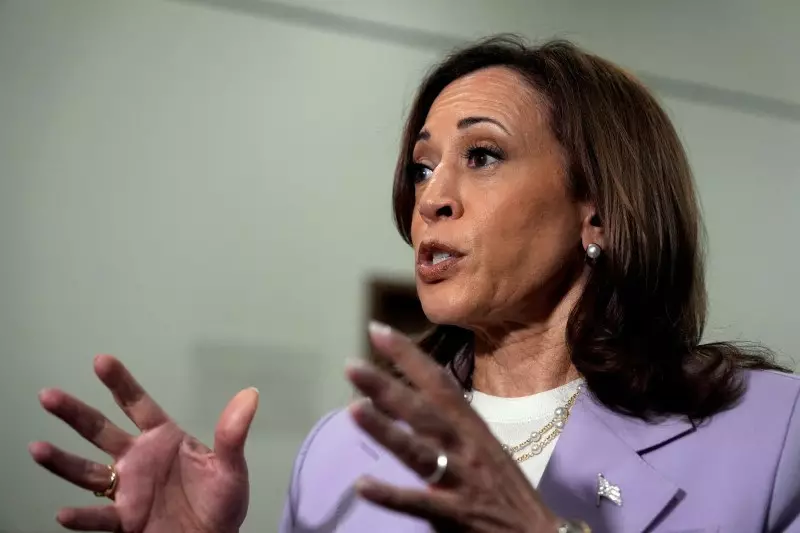The recent statements by U.S. Vice President Kamala Harris regarding the independence of the Federal Reserve have sparked discussions about the role of politics in central bank decisions. Harris made it clear that if she were to become president, she would not interfere in the Fed’s decision-making process. This stands in stark contrast to former President Donald Trump’s views on the matter, as he expressed a belief that presidents should have a say in Federal Reserve decisions.
The differing perspectives of Harris and Trump highlight the potential impact of political influence on the Federal Reserve. While Harris emphasized the importance of the Fed’s independence, Trump’s remarks indicated a desire to exert control over the central bank. This shift in approach could have significant implications for monetary policy and financial markets, as political interference may undermine the Fed’s ability to act in the best interest of the economy.
The recent market turbulence following a spike in the U.S. unemployment rate has raised concerns about the Fed’s response to economic challenges. Investors reacted to the uncertainty by selling off stocks, fearing a potential recession that could require aggressive intervention from the central bank. Harris acknowledged the volatility in the markets but expressed confidence in the Fed’s ability to navigate the situation effectively.
Trump’s comments suggesting a desire for presidential influence on Federal Reserve decisions have fueled speculation about the future of central bank independence. The prospect of eroding the Fed’s autonomy has raised concerns among economists and policymakers, as it could compromise the institution’s credibility and effectiveness. The tension between political pressures and monetary policy objectives poses a significant challenge for the Federal Reserve moving forward.
The debate surrounding political influence on the Federal Reserve reflects broader concerns about the intersection of economics and politics. As the central bank seeks to fulfill its mandate of promoting price stability and full employment, it must navigate external pressures and maintain its independence. The statements made by Vice President Harris and former President Trump underscore the delicate balance between political interests and economic objectives, highlighting the importance of safeguarding the Fed’s autonomy in decision-making processes.

